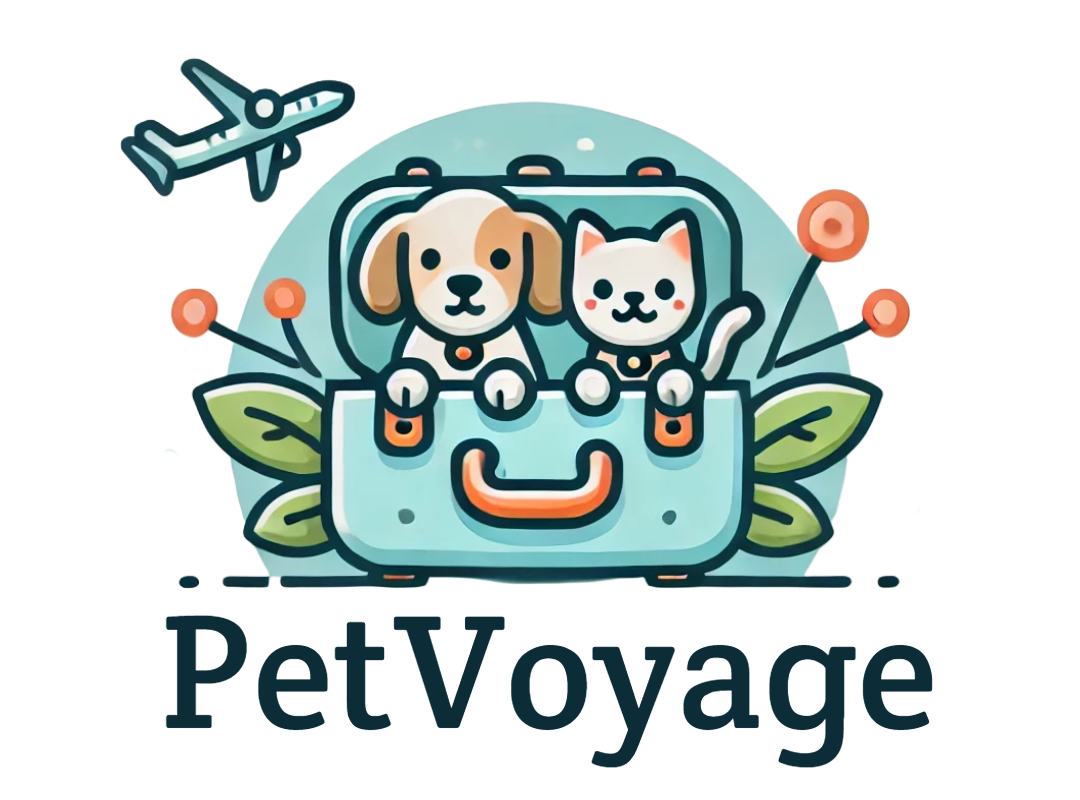Compare Pet Travel Policies Easily
Select airline, view summary, explore sections, shop travel supplies.

SATA International
Pet Policy Summary
Airline Pet Policy Summary
- Book pet's transport when booking your flight, inform about the type of animal, dimensions of the container, and total weight of both.
- Pet transportation depends on available space, flight class, type of aircraft, and whether pets are allowed into the destination country.
- Ensure to check all destination(s) for necessary documentation.
- Arrive at the airport early for documentation completion.
- Bring appropriate container and enough food and water for the whole trip for your pet.
- Pregnant animals are not accepted due to risks of stress-induced miscarriage or premature birth.
- Consult with a veterinarian to ensure your pet is fit to travel and does not require tranquilizers.
- Prepare your pet for the journey by encouraging familiarity with the container.
- Large or potentially dangerous animals may need to be transported as air cargo.
- Small pets up to 8 kg can be transported in the aircraft cabin in a leak-proof carrier/travel bag.
- Pets should be healthy, clean, and not noisy to avoid disturbing other passengers.
- Animals not meeting cabin requirements or exceeding cabin space will be transported in the cargo hold.
- Brachycephalic breeds of dogs and cats require special attention due to potential respiratory problems.
- Assistance dogs must be trained to assist a person with a disability and behave adequately in public.
- Assistance dogs must fit in the passenger's foot space and not intrude into another passenger's space or block aisles.
- Notification should be made at the time of booking or, at the latest, 48 hours before the departure time of the flight if traveling with an assistance dog.

Pet-Friendly Airport Taxi
Book a safe, pet-approved ride to or from the airport.
Health Requirements
Microchip: yes
Health Certificate: yes
Vaccinations: Rabies
Restrictions
Brachycephalic Breeds: Dogs: Affenpinschers American Bully, Bulldogs, Pugs (all breeds), American pit bull terriers, American Staffordshire terriers, Boston terriers, Boxers, Brussels Griffon, Bull mastiffs, Bull terrier, Chow chows, English toy spaniels, Japanese chins, Japanese spaniels, Lhasa apso, Pekinese, Pit bulls, Shar Pei, Shih Tzus, Staffordshire bull terriers, Tibetan Spaniel Cats: British short-haired cats, Exotic shorthairs, Himalayan cats, Persian cats, Scottish fold cats
Dangerous Breeds: Fila Brasileiro, Dogo Argentino, Pit Bull Terrier, Rottweiler, American Staffordshire Terrier, Staffordshire Bull Terrier, Tosa Inu
Support Animals
Service Animals: SATA Azores Airlines welcomes trained assistance dogs to support passengers with disabilities. Requirements and documentation vary by flight origin and destination. If the dog cannot be safely and comfortably accommodated in the cabin due to size or aircraft characteristics, passengers are offered: Assistance dogs must be trained to behave properly in public. Disruptive behaviors such as growling, biting, lunging, excessive barking, running freely, or soiling the cabin are not permitted. Failure to control such behavior will result in the dog being treated as a pet, with applicable fees and requirements.Service Animals (In-Cabin & Support)
General Requirements
Weight and Seating Conditions
If Cabin Space Is Insufficient
Behavioral Requirements
Regional Specifics
Europe, Canada, Cape Verde
United States
United Kingdom
Emotional Support: SATA International does not allow emotional support dogs that lack specific training and are not recognized by Portuguese and European legislation. This policy aligns with many other European air carriers due to increased safety risks.Emotional Support Animals
Carrier Details
Compartment: On flights to/from the USA and Canada, only dogs and cats are accepted for in-cabin transport as pets. Maximum carrier dimensions: Accepted animal species in the cabin:In-Cabin Carrier Details
Cargo: SATA Azores Airlines has specific rules for transporting animals in cargo: Container construction materials must be fiberglass, rigid plastic, metal, solid wood, or plywood. Animal measurements for container sizing: Container size requirements:In Cargo Carrier Details
Reviews
No reviews yet. Be the first to leave a review!
